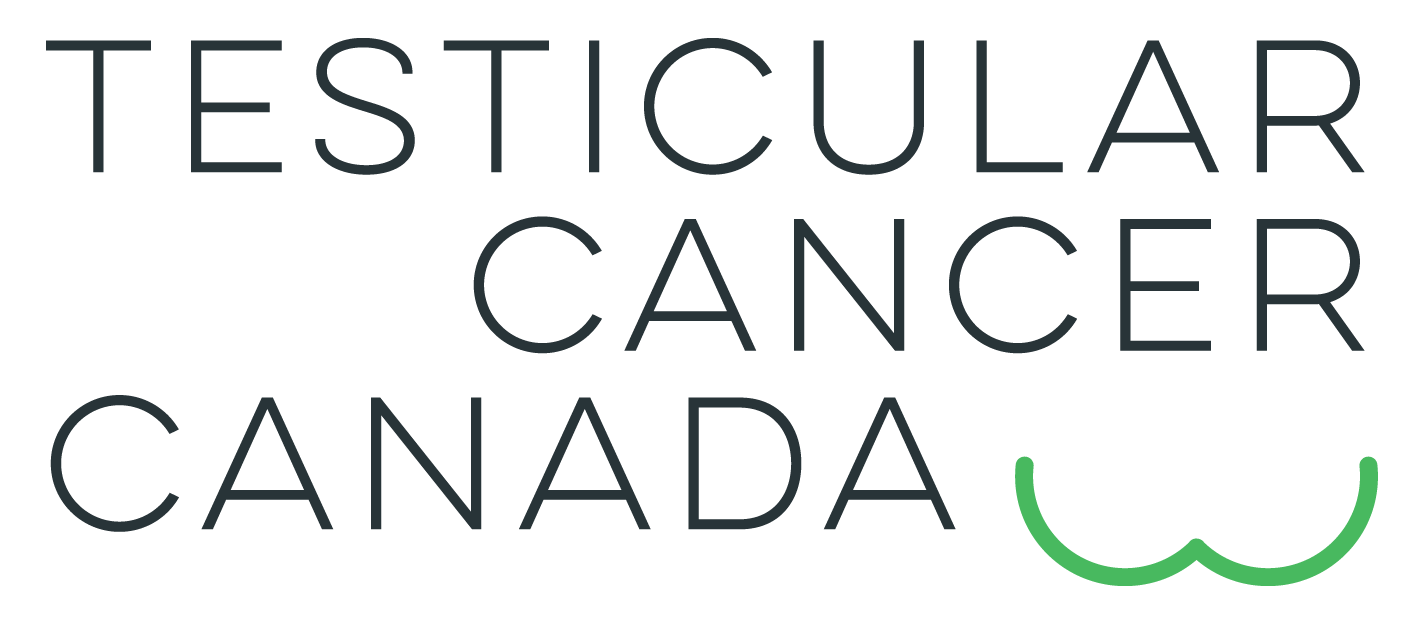Doc: Will I survive?
Part One - Diagnosis and treatment
Well, yes most likely! The good news? Testicular cancer is highly treatable and has an excellent cure rate if it is diagnosed and treated early — but first, it has to be detected.
As mentioned by Erik - in the previous article entitled Why me - seeking medical care, even with signs and feeling pain, was not on his priority list of things to do: “So I did what most guys would do: I put it out of my mind. Or tried to. I couldn't believe it was anything serious.” Keep on reading Erik Strand’s story here
Medically reviewed by Urologic Oncologist Dr. Robert J. Hamilton on 12/04/2021
Once you have an ultrasound done and a mass is identified in your teste, the next step is to see a urologist, who will make an incision in the groin and surgically remove your testicle. Then you will go through some blood and imaging tests to see whether the cancer is confined to your teste or whether it has spread to other parts of your body.
The factors that determine what treatment options you will have
The factors that determine what treatment options you will have after your testicle is removed include: the specific type of testicular cancer you have, whether it has spread outside of the testicle, and if so how far it has spread. The four main categories of treatment are: surveillance alone, chemotherapy, radiation therapy or surgery to remove abdominal lymph nodes.
Your job, after being dumbfounded by your diagnosis and caught in this roller coaster, is to get familiar with them and to try to make amends with everything you have read so far on the web. Why? Because even though these options are not your friend side effect-wise during treatment, they will save your life. Without treatment, testicular cancer will take care of you and not in a good way.
Be cautious with alternative medicine. Some patients use medicinal plants, high doses of vitamins or strict diets. Before you consider such things, it is important that you discuss this with a member of your healthcare team. Some of these products could be harmful to your therapy.
I’m told my cancer has metastasized. What is my outlook? Doc, will I survive?
As is true with many cancers, the more extensive the disease, the harder it is to cure, but testicular cancer is unique among all malignancies in that it has excellent cure rates due to high chemo-sensitivity with modern chemotherapy drugs, high radiotherapy-sensitivity, combined with surgical removal of your teste (called orchiectomy) and, when necessary, surgery to remove your abdominal lymph nodes.1
What you need to know is that, when first diagnosed, many people with cancer and their families think about how it is possible to survive this predicament. This is a normal reaction. These kinds of thoughts can be overwhelming, especially at first. But over time, as the reality of day-to-day life with the disease settles in, many people begin to think instead about living with cancer. This change of focus can help you find the strength and resources to cope with the challenges of the disease.
Over time, as the reality of day-to-day life with the disease settles in, many people begin to think instead about living with cancer.
Take the necessary time to visit each of our pages on this website to familiarize yourself with the disease. Do you have questions or concerns? Above all, do not hesitate. Contact us via Messenger on our Facebook page. It’s simple, free and confidential.
Video to review
Get To Know Your Balls
Let’s Talk Balls
Pages of our site that might interest you
Want to know more? Just click on the link below.
Treatment
TCC news that may interest you
Each month, we publish a blog article. Here are a few for you.
Will you still love me after?
Why me?
My balls hurt!
Sources and References
1.NCBI-Testical Cancer: Shiva Jashwanth Gaddam; Gregory T. Chesnut. Last Update: October 9, 2021.
Written by Testicular Cancer Canada. © All rights reserved - 2021
